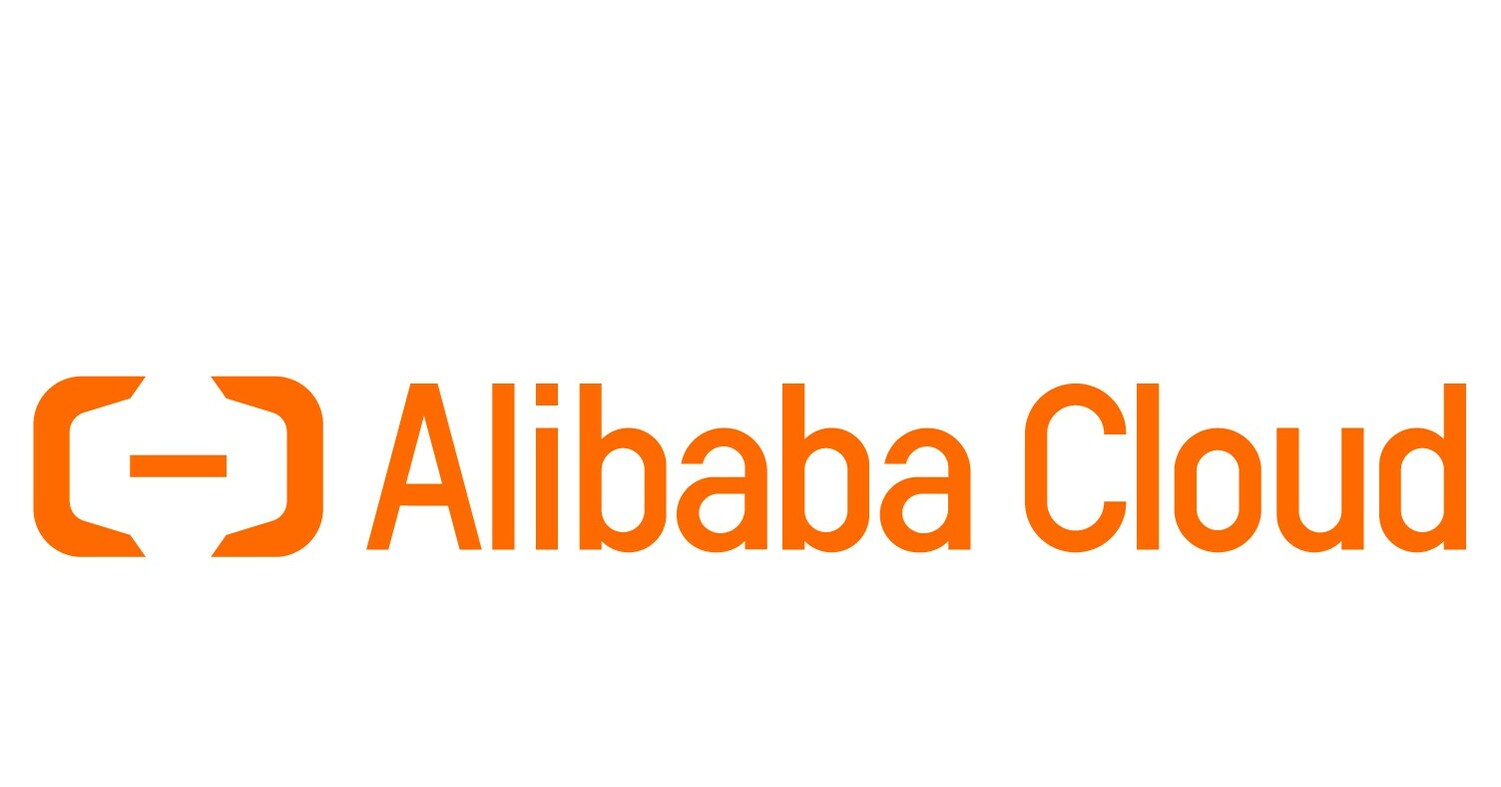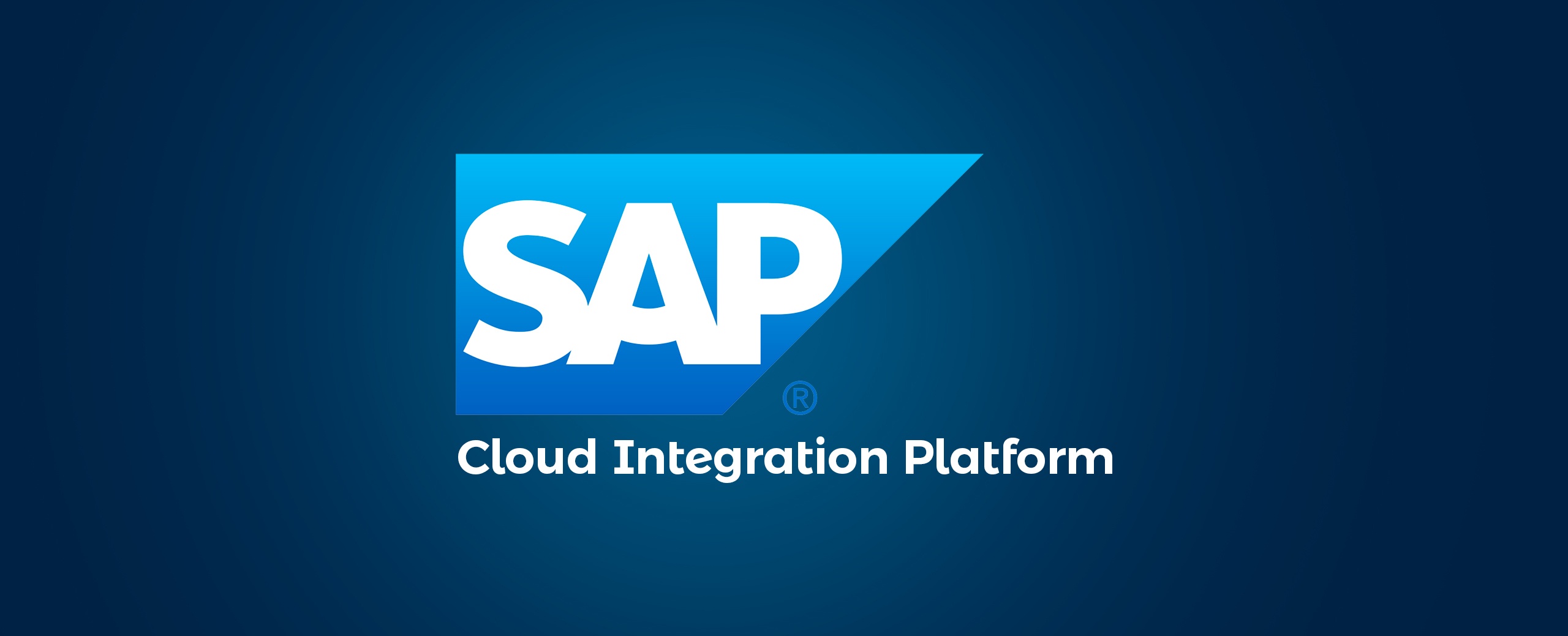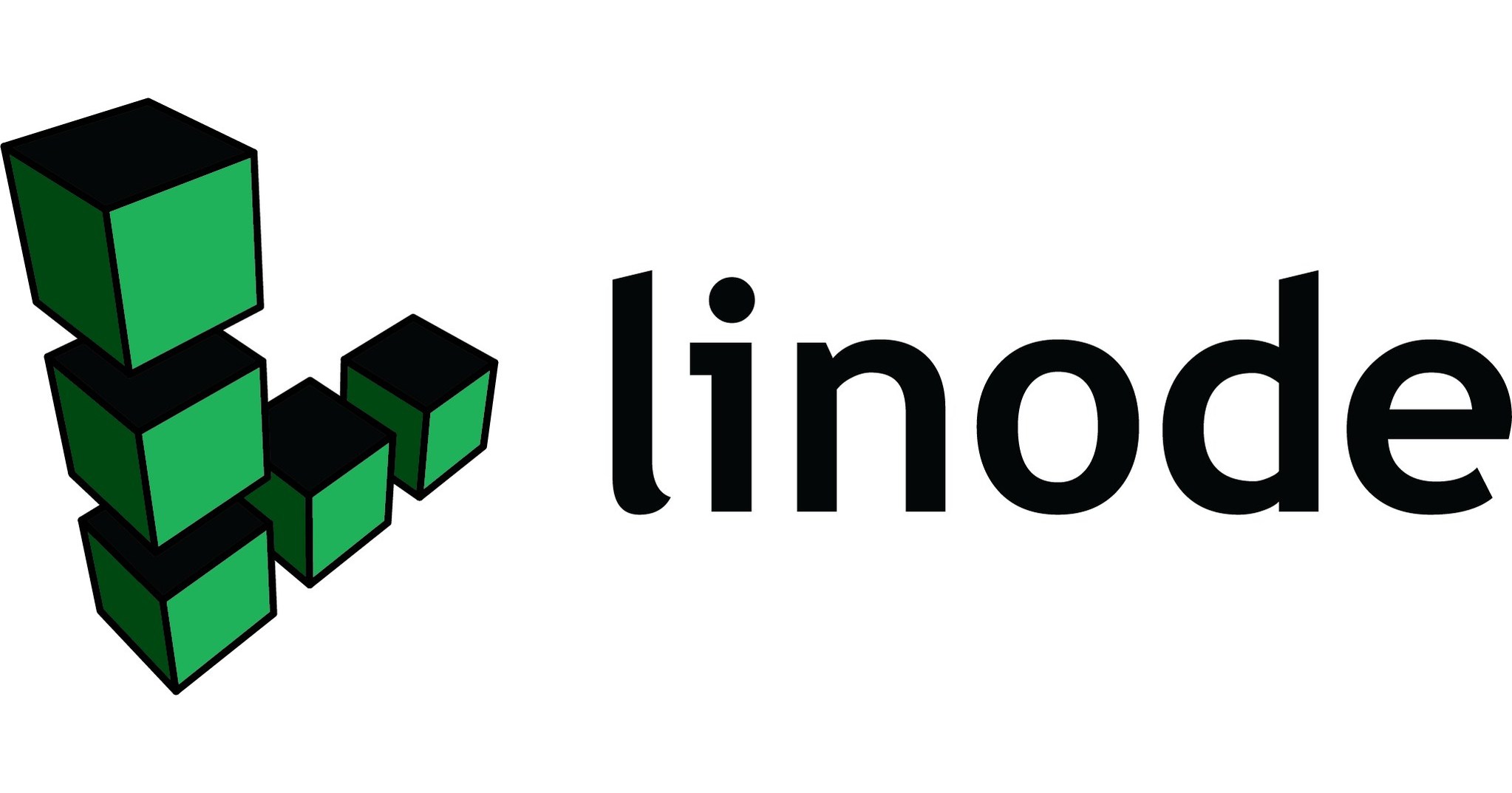
INTRODUCTION
In 2023, cloud computing has become one of the most important technologies in India. Many businesses have adopted cloud services as they provide cost-effective and secure solutions for data storage, application development, and more. The Indian cloud market is expected to reach $7.41 billion by 2024, up from its current value of $3.08 billion.

Major players in the Indian cloud market include Amazon Web Services (AWS), Microsoft Azure, Google Cloud Platform, IBM Cloud, Oracle Cloud, and Alibaba Cloud. These companies offer a variety of cloud-based services, such as Infrastructure as a Service (IaaS), Platform as a Service (PaaS), and Software as a Service (SaaS).
IaaS offers virtualized computing resources such as servers, storage, networks, and operating systems over the Internet. PaaS provides a platform for developing, running, and managing applications without hardware or software requirements.
SaaS provides access to software applications over the Internet on a pay-as-you-go basis. All these services are provided on a highly secure infrastructure with optimal performance.
By providing these services, cloud companies are helping Indian organizations to grow faster and remain competitive in the global market.
IMPORTANCE
Cloud computing has become increasingly important to businesses in India in 2023. With the rise in digital transformation, cloud computing has been a major enabler of this process, providing companies with the scalability, agility and flexibility they need to succeed in a dynamic market.
Cloud solutions have enabled companies to optimize costs and take advantage of economies of scale while also increasing operational efficiency and speeding up innovation cycles.

The Indian government has also been supportive of cloud adoption, offering incentives for cloud investments as part of its Digital India program. This has helped make cloud services an attractive option for many businesses in the country. Additionally, cloud providers have established strong regional presences in India, allowing them to serve local customers better.
Cloud services have become integral to many aspects of the Indian economy, from banking and finance to agriculture, retail, logistics and more. Companies are leveraging cloud technologies to gain competitive advantages, such as faster time-to-market, greater agility, improved customer experience and increased scalability. As a result, cloud providers are playing a key role in driving economic growth in India.
The future of cloud computing in India looks bright. Cloud adoption is expected to proliferate over the next few years, leading to greater innovation and disruption across sectors. Cloud providers will continue to provide customers with high levels of reliability, scalability and cost savings and help support India’s digital transformation journey.
Here are the top 10 Best Cloud Companies in India in 2023
Amazon Web Services – Amazon Web Services (AWS) is a cloud computing platform owned by Amazon.com, Inc. It provides on-demand access to a variety of computing services, including storage, databases, analytics, networking, mobile, and development tools.
AWS is designed so customers can quickly and easily build and scale any type of application. It offers a range of features such as cost control and flexibility, scalability, security, availability, and performance. AWS makes it easy for developers to build applications without having to worry about managing infrastructure.
It allows them to focus on writing code and deploying applications faster. AWS also has an extensive library of tools and services that help customers with everything from database management to analytics. AWS has grown to become one of the largest cloud providers in the world, powering thousands of businesses and organizations.
Its services are used to power websites, mobile apps, video streaming, gaming, and artificial intelligence, to name just a few. AWS continues to innovate, adding new features and capabilities to its platform. It remains at the forefront of cloud technology and is trusted by millions of users for its reliability and security.
Microsoft Azure – Microsoft Azure is a cloud computing service created by Microsoft for building, testing, deploying, and managing applications and services through a global network of data centres.

It provides both Platform as a Service (PaaS) and Infrastructure as a Service (IaaS) solutions to businesses of all sizes, allowing rapid deployment of virtualized resources with minimal manual configuration. Azure supports a wide variety of software languages and development frameworks, including .NET, Java, Node.js, Python, PHP, and Ruby.
Azure is a leader in the public cloud market, competing with Amazon Web Services (AWS) and Google Cloud Platform (GCP). Its offering includes storage, analytics, networking, computing, and machine learning products.
It also offers other services, such as identity management, media services, and developer tools. Additionally, developers can use Azure App Service, which allows them to develop web-based apps mobile apps and more quickly.
Azure’s hybrid capabilities enable customers to connect their on-premises resources to the cloud, giving IT pros the ability to manage their infrastructure seamlessly across private and public clouds. This feature is especially useful for organizations that require secure connections between their existing networks and the cloud.
Azure is also an attractive platform for companies building and running Internet of Things (IoT) solutions. With its IoT suite, businesses can easily configure and set up devices connected to the cloud and integrate data sources from those devices.
The suite also provides predictive analytics and machine learning capabilities that can be used to understand customer behaviour better and optimize operations.
Overall, Microsoft Azure is a powerful cloud platform made up of a range of integrated services that allow businesses to create, deploy, and manage applications and solutions in a cost-effective, efficient, and secure manner.
Google Cloud Platform – Google Cloud Platform (GCP) is a suite of cloud computing services that helps companies and developers store, analyze, and build applications on the Google infrastructure.
The platform offers a wide range of services, such as computing, storage, networking, and analytics. GCP also provides services for machine learning, artificial intelligence, the Internet of Things (IoT), and augmented reality. Additionally, it enables businesses to develop, deploy, and manage applications on the cloud.
GCP is one of the biggest providers in the cloud computing market. It has multiple data centres located around the world so that customers can access their data quickly, securely, and reliably. GCP also offers built-in security features to protect data from malicious actors. Furthermore, its robust infrastructure can handle large workloads with ease.
When using GCP, customers are billed based on their usage of the platform’s services. This makes it an attractive choice for businesses that want to pay only for what they use. Customers also benefit from using GCP’s open-source products, which allow them to customize the platform according to their needs.
Overall, GCP is an excellent solution for businesses that need to store and manage their data securely. Its impressive range of services, robust infrastructure, and competitive pricing make it a great option for organizations of all sizes.
IBM Cloud – IBM Cloud is a cloud computing platform owned and operated by IBM. It offers a wide range of services, including IaaS, PaaS and SaaS, covering the entire spectrum of cloud computing needs.

IBM Cloud allows customers to access infrastructure, platforms and software as a service in a secure and reliable environment. IBM Cloud also provides a variety of tools and services that are designed to help businesses develop and deploy applications faster.
The services provided by IBM Cloud include virtual servers, storage, networking, databases, analytics, cognitive computing, security, mobile, blockchain and more. With its “as a service” model, customers can have their cloud services customized for their business requirements and pay for only what they use.
IBM Cloud also has strong data privacy and security measures, which make it an ideal choice for enterprise users. IBM Cloud provides flexible and powerful APIs, allowing developers to quickly build, deploy and manage their applications across multiple clouds.
In addition, IBM Cloud is compliant with industry standards and regulations such as HIPAA, SOX and GDPR, making it an attractive option for organizations dealing with sensitive customer data.
Oracle Cloud Infrastructure – Oracle Cloud Infrastructure (OCI) is a cloud computing platform offering computing, storage, networking, and other foundational services to businesses of all sizes. It’s designed to make getting started with cloud computing easier for customers by providing an integrated, secure, and automated environment in which to deploy and manage workloads quickly.
OCI is based on Oracle’s Enterprise-grade public cloud architecture, delivering reliability, security, scalability, and performance. With OCI, users have access to a wide range of services, such as bare metal servers, virtual machines, databases, networking, analytics, security, integration, and more.
It also offers many tools to simplify the process of managing cloud resources, including monitoring, orchestration, auto-scaling, automation, and application deployment. OCI provides customers with high availability and fault tolerance through advanced services such as Oracle Database High Availability and Oracle Exadata Cloud Service.
Additionally, customers can benefit from built-in analytics, machine learning, artificial intelligence, blockchain, serverless computing, and other innovative technologies. By taking advantage of these features, customers can increase their agility, lower their costs, and reduce time to market for their applications.
Alibaba Cloud – Alibaba Cloud is a leading provider of cloud computing services and solutions owned by the Chinese e-commerce giant Alibaba Group. It provides cloud computing solutions such as artificial intelligence (AI), Internet of Things (IoT), data management, storage, virtualization and more to businesses of all sizes.

Alibaba Cloud has a wide range of products and services designed to help customers build, manage, operate and protect their IT infrastructure. This includes an elastic IaaS platform, a custom PaaS platform, cloud hardware and more. The company also offers solutions for data storage, analytics, application delivery, various security solutions, enterprise collaboration, and much more.
Alibaba Cloud offers a suite of development tools and SDKs that allow developers to quickly build, deploy, and manage applications on its platform. These tools include a web console, mobile app development, a command line interface, and a set of APIs for building applications.
Alibaba Cloud also provides a large selection of big data solutions, including real-time analytics, machine learning and AI tools, streaming data processing, and predictive analytics. It also offers a variety of managed services for deploying and managing applications on its platform, from creating and deploying apps to monitoring performance and events.
In addition to its cloud computing solutions, Alibaba Cloud also offers a range of other services, including customer service, training and support, managed services, and consulting services. All of these services are designed to help customers get the most out of their cloud investment.
Rackspace – Rackspace is a global cloud computing company that has been providing businesses with reliable and secure hosting services since 1998. The company specializes in managed, private and public clouds, as well as dedicated servers.
With over 200 data centres worldwide, Rackspace boasts some of the most advanced infrastructure on the market. Rackspace is committed to helping customers get the most out of their technology investments by offering services such as; monitoring, automation, optimization, and support.
Rackspace focuses on personalization, scalability, and security to ensure businesses always have the resources they need. Additionally, Rackspace offers an array of products and services, including; storage, backup, security, virtualization, and more. With its wide range of solutions and expertise, Rackspace provides businesses with everything they need to succeed in the cloud.
Rackspace is constantly innovating and adding new features to its platform, making it one of the premier providers of enterprise cloud solutions. From small businesses to large enterprises, Rackspace helps companies across the globe reach their goals efficiently and securely.
SAP Cloud Platform – SAP Cloud Platform is a cloud-based service from SAP that provides customers with an integrated platform for developing, deploying, and managing their applications. It is built on open standards and supports multiple programming languages, databases, and services.

With its powerful yet easy-to-use tools, developers can quickly build and deploy applications in the cloud. It also includes integrated services for data storage, analytics, machine learning, and artificial intelligence.
SAP Cloud Platform is ideal for enterprises looking to modernize their business processes, introduce new technologies into their operations, or move their existing workloads to the cloud. Its secure, reliable, and scalable architecture allows customers to maximize their investments in SAP solutions.
It enables companies to migrate their complex enterprise applications to the cloud with minimal disruption while taking advantage of the latest features and functionality available. With the SAP Cloud Platform, businesses can reduce costs, increase agility, and drive innovation across their organizations.
Digital Ocean – Digital Ocean is a cloud computing platform that provides reliable, secure, and cost-effective hosting services to businesses and individuals around the world. Founded in 2012, the company has grown to serve millions of customers across over 190 countries.
It offers virtual servers (droplets) with either Linux or Windows operating systems, along with a suite of managed services, including object storage, databases, hosted Kubernetes clusters, and more. Digital Ocean’s network architecture is designed for high performance and scalability, providing users with unmatched reliability and uptime, even during periods of peak demand.
The company offers an intuitive, user-friendly interface where customers can quickly set up and deploy any type of application. Developers can take advantage of powerful tools such as easy-to-use APIs, SDKs, and command-line tools to manage applications through a streamlined workflow.
With its robust infrastructure and customer-focused approach, Digital Ocean is an ideal choice for both individuals and organizations looking for a reliable cloud hosting provider.
Linode – Linode is a cloud hosting company founded in 2003 and based in Philadelphia, USA. They offer virtual private servers (VPS) for web hosting and application development, as well as cloud computing services, including object storage, block storage, managed databases, and Kubernetes clusters. Their servers are available worldwide, and their data centres are located across the United States, Europe, and Asia.

Linode provides a wide range of services for customers, including automated backups, snapshots, and other advanced features. They also offer an array of pre-configured software and application stacks, such as WordPress and Docker. With their intuitive and flexible platform, users can easily deploy and manage applications, websites, and infrastructure quickly and easily.
Linode’s APIs allow customers to automate their workloads and integrate with other cloud providers. Their comprehensive developer tools provide access to a wide range of features, from real-time monitoring and application performance metrics to database provisioning and management. All of their services are backed by 24/7 customer support, so customers can always get help when needed.
All in all, Linode is a great option for cloud computing needs, offering powerful servers with plenty of features, reliable customer service, and helpful developer tools. Whether you’re looking for a simple website host or need to build and maintain complex applications, Linode has the tools and resources to make it happen.
CONCLUSION
By 2023, cloud computing in India is expected to be an integral part of the country’s digital transformation. The rising demand for cloud solutions from Indian enterprises, government and public sector organizations is driving the growth of the cloud market in India.
According to reports, the cloud market in India is estimated to reach USD 8 billion by 2023. Companies such as Microsoft and Amazon have been at the forefront of offering cloud-based services and solutions. Moreover, leading Indian IT providers such as Tata Consultancy Services, Wipro, and HCL are also investing heavily in the cloud space to provide enterprise-grade solutions.
With the growing capabilities of cloud technology and its potential to drive innovation, it is clear that cloud companies will continue to grow in India in the coming years.




